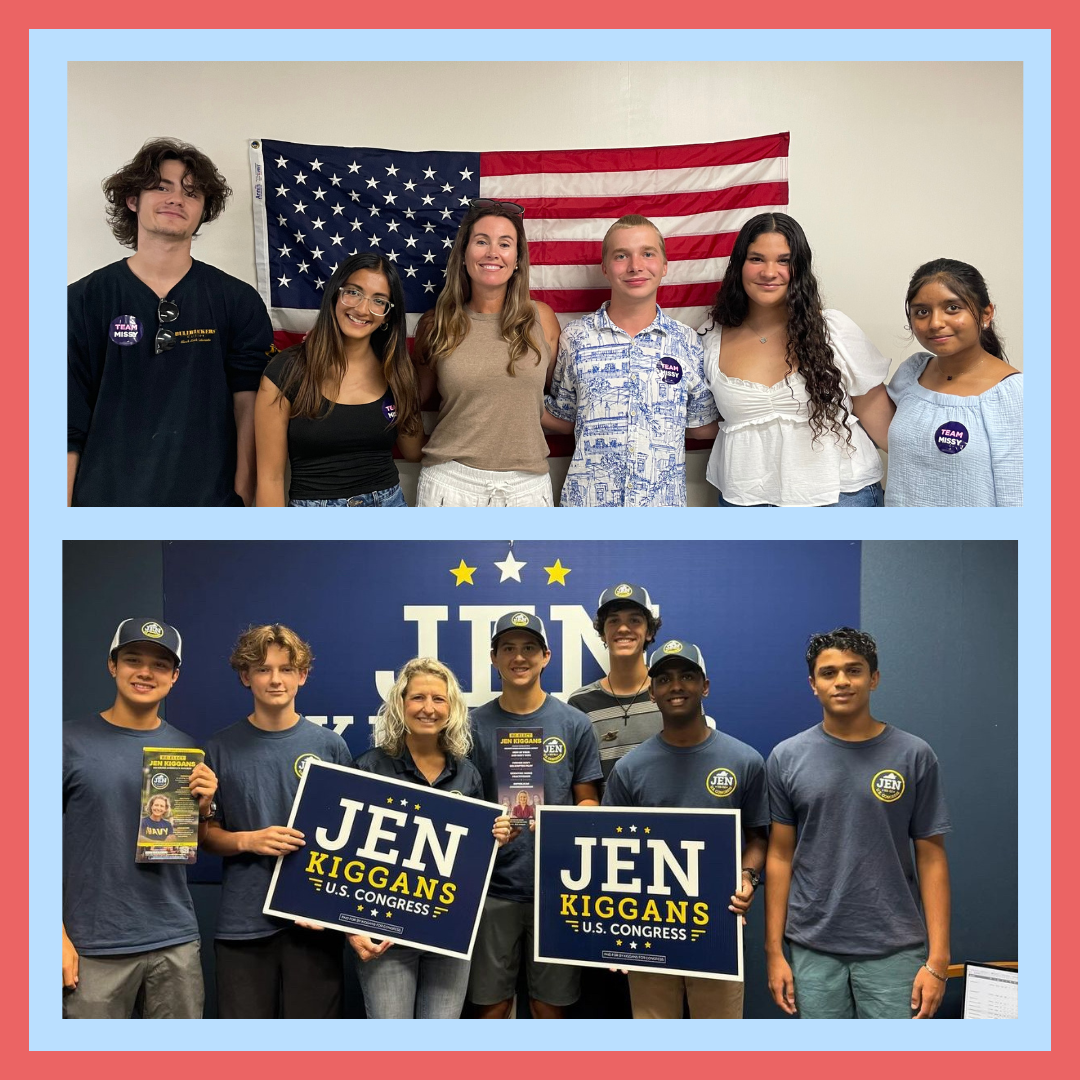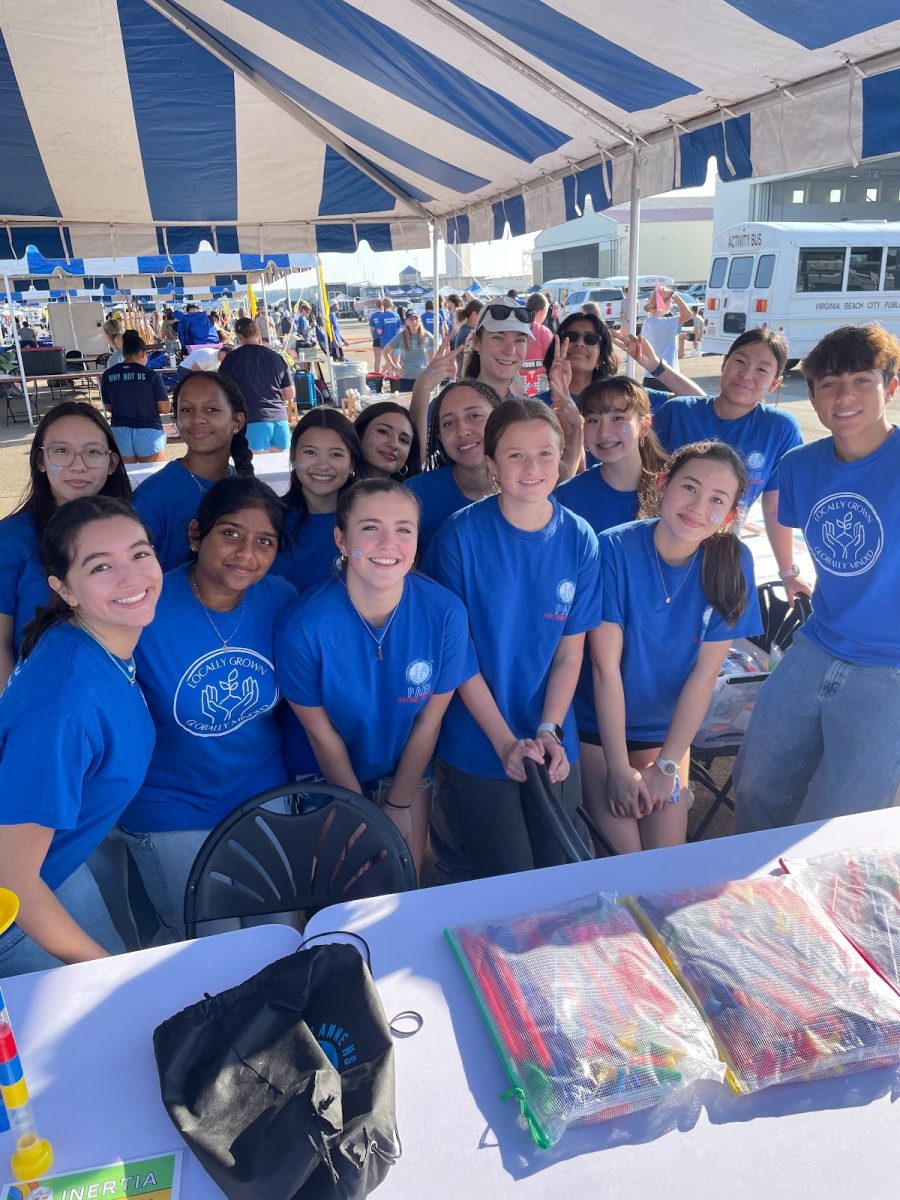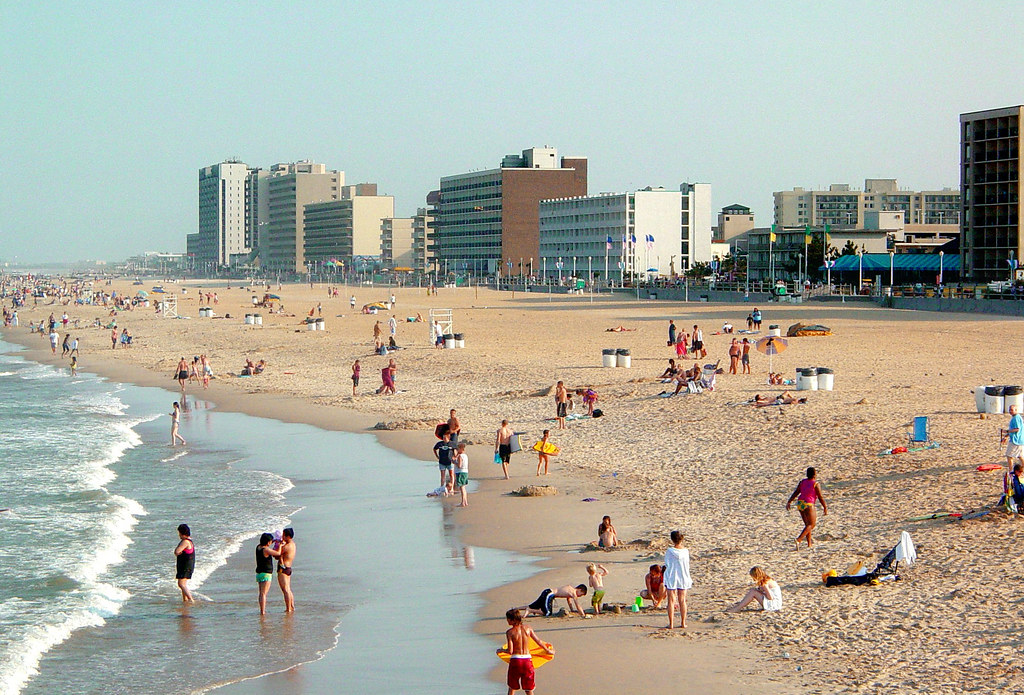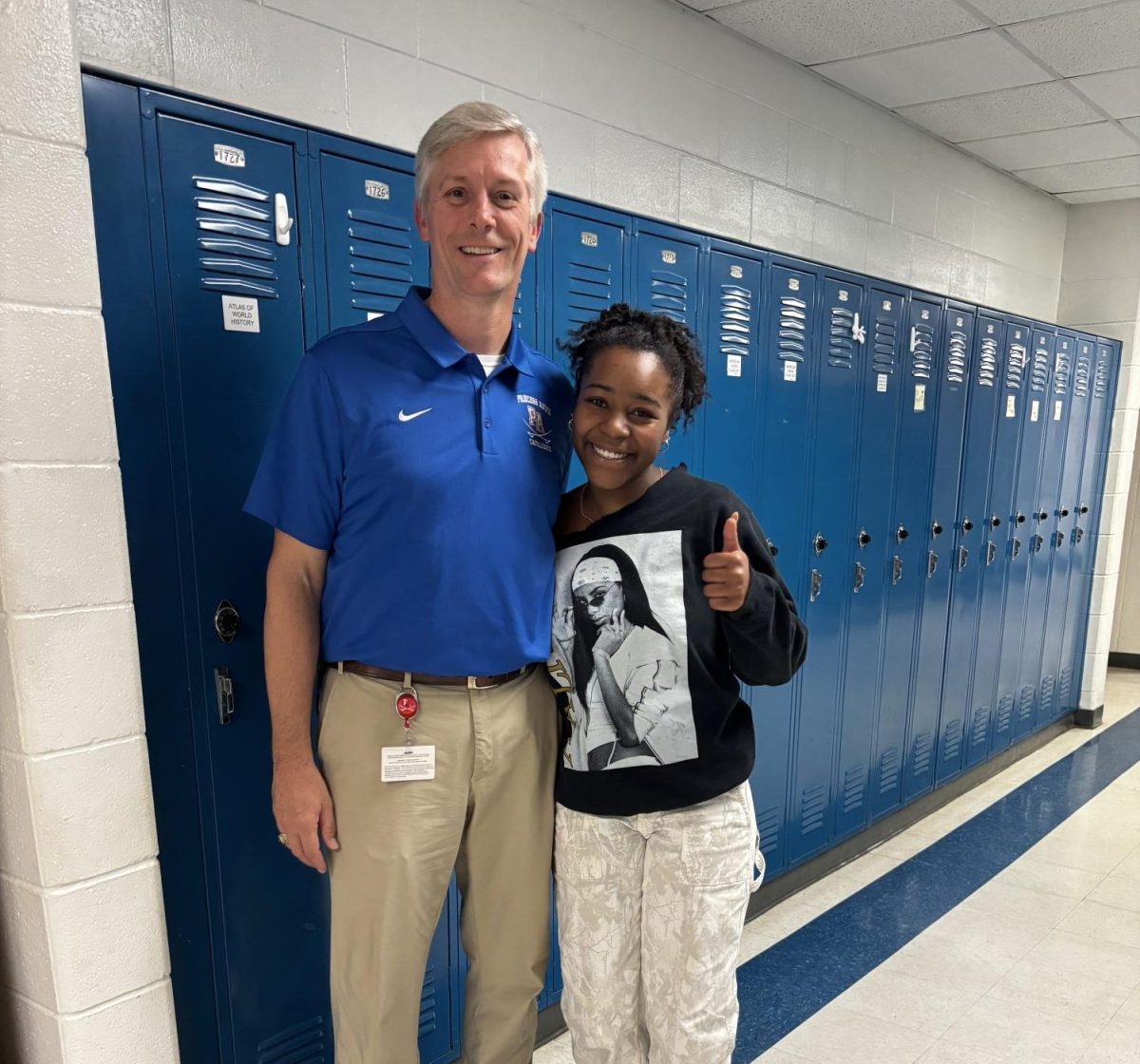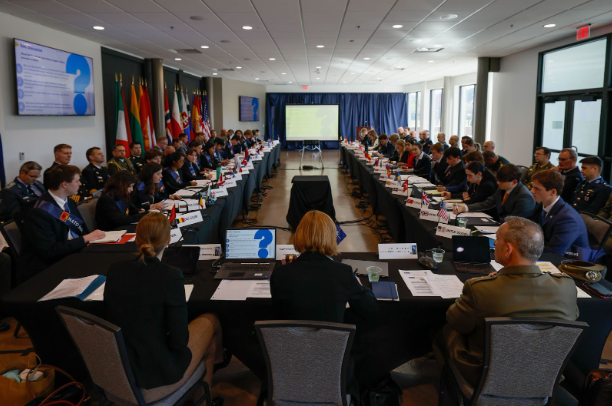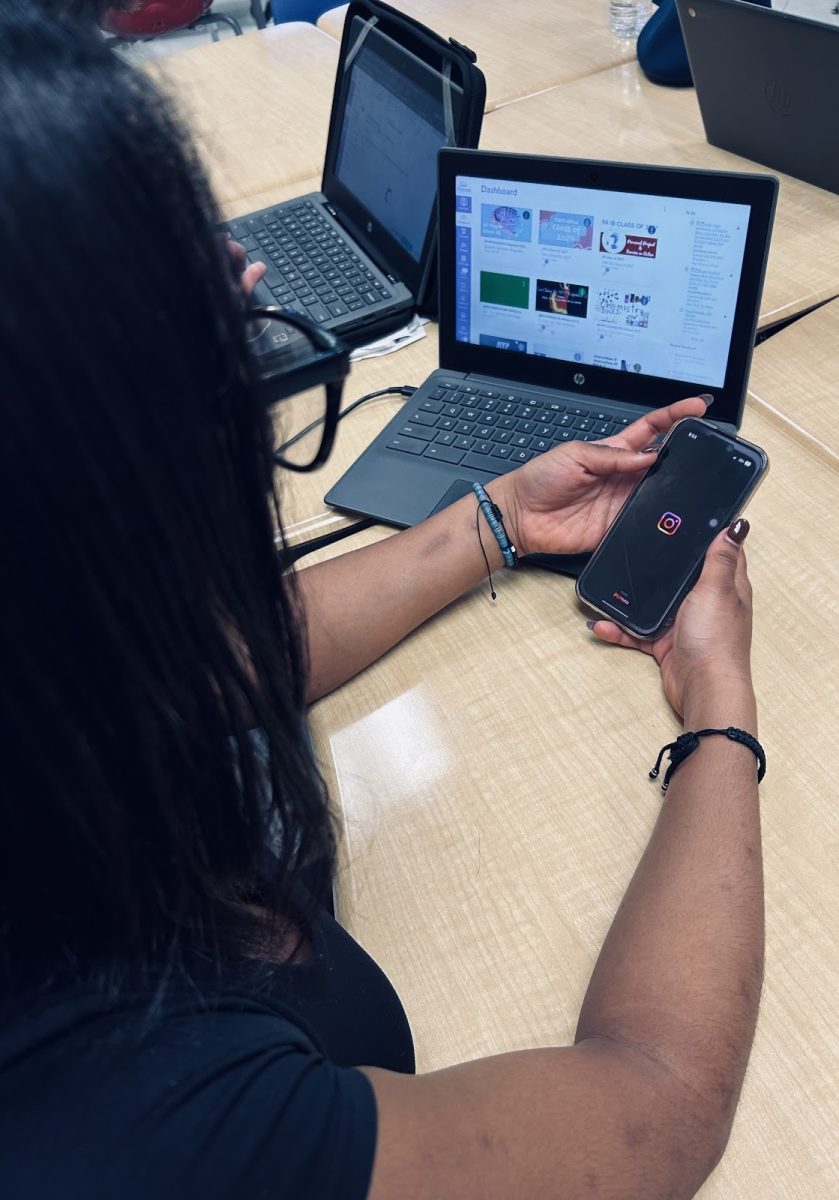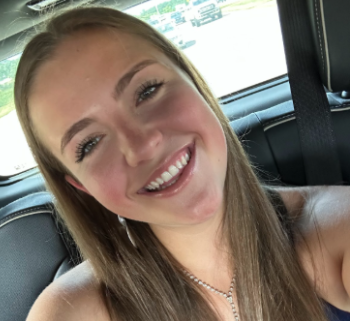Although the majority of high school students aren’t eligible to vote, students can still have an influence on elections. As the November presidential election approaches, the need for more political involvement from high school students grows. According to a survey conducted by Harvard’s Institute of Politics, the number of young Americans aged 18 to 29 who “definitely” plan on voting for president decreased from 57% to 49%.
Two clubs at PA are tackling the stigmas surrounding politics. The Young Democrats and Young Republicans clubs each take a deep dive into the world of politics and are working to educate students about the impact their voices can have on their community. Both clubs meet on Thursdays during One Lunch where they discuss current political events and how students can get involved in campaigns.
Sophomore Penelope Channell is a member of Young Republicans, and she explained how a typical meeting works. “We have a Question of the Day at the beginning, where we talk about current events. Then we go into an activity like speed debating or drafting laws that are present in American governments.”
The Young Democrats have a similar structure to their meetings. Sophomore Bryce Hallberg, president of the club, described how their meetings include “daily questions, current events, and an activity, such as speed debating, trivia, Kahoot, and mock Congress.”
The clubs are also getting involved in political campaigns. The Young Republicans club helps out Jen Kiggan’s campaign for U.S. Representative this year. “On Saturdays, we go and meet at Congresswoman Kiggans office, and we have breakfast, and then we go door knock on her behalf,” said Young Republican president Kenul Vantwest. “We go to campaign rallies and events. We also host meet-and-greets.”
The Young Democrats are working with Missy Cotter Smasal, who is running against Kiggans for Virginia’s second congressional district. They helped set up the office opening of her campaign, and they are continuing to help in her effort to win the upcoming election.
Both clubs are working to get increased numbers of students at their meetings. According to Tufts University CIRCLE, 35% of youth feel they lack information and support to act on their political concerns, leaving most feeling unqualified to vote. This contributes to many believing that younger people are apathetic to politics.
Channell explained how part of the club works to combat the issue. “We try to do more fun events because a lot of people get turned off by politics,” she said. “It looks super intense. We’re trying to erase the stigma around politics and keep entertaining people, while also educating them.”
Another way that students can learn about politics is through their parents and peers. Math teacher Joseph Smith is the sponsor of Young Republicans, and he explained how parents and peers influence the way students think about politics. “[Students] should listen to their parents and people they respect, and ask them questions about what they feel,” he said. “Then, form your own opinion based on what you’ve learned and what feels logical to you.”
Government teacher and Young Democrats sponsor, Angela Cosimano, explained the benefit of requiring students to take a government class in high school. “The good thing for students is that because we have to have government classes in Virginia, that’s the way to do it. By showing and explaining how the government works and then showing how they make policy, it forces students to ask themselves, ‘You don’t like this policy; who did it?’”
“While you might not care about politics, politics cares about you. It will impact you whether you’re young or old,” said Hallberg. “You can make a pretty significant change at a young age, and I think it’s important to know the political field because it will impact you wherever you are.”
Reader’s note: It is important to conduct research before establishing your own political opinions. As a student, you can find things you are passionate about and do something about it. You can do so by writing a letter to your representative and doing more research into how our country is governed. For those over 18, you can register to vote and make an impact on elections. For those under 18, when the time comes, you should also register to vote.



